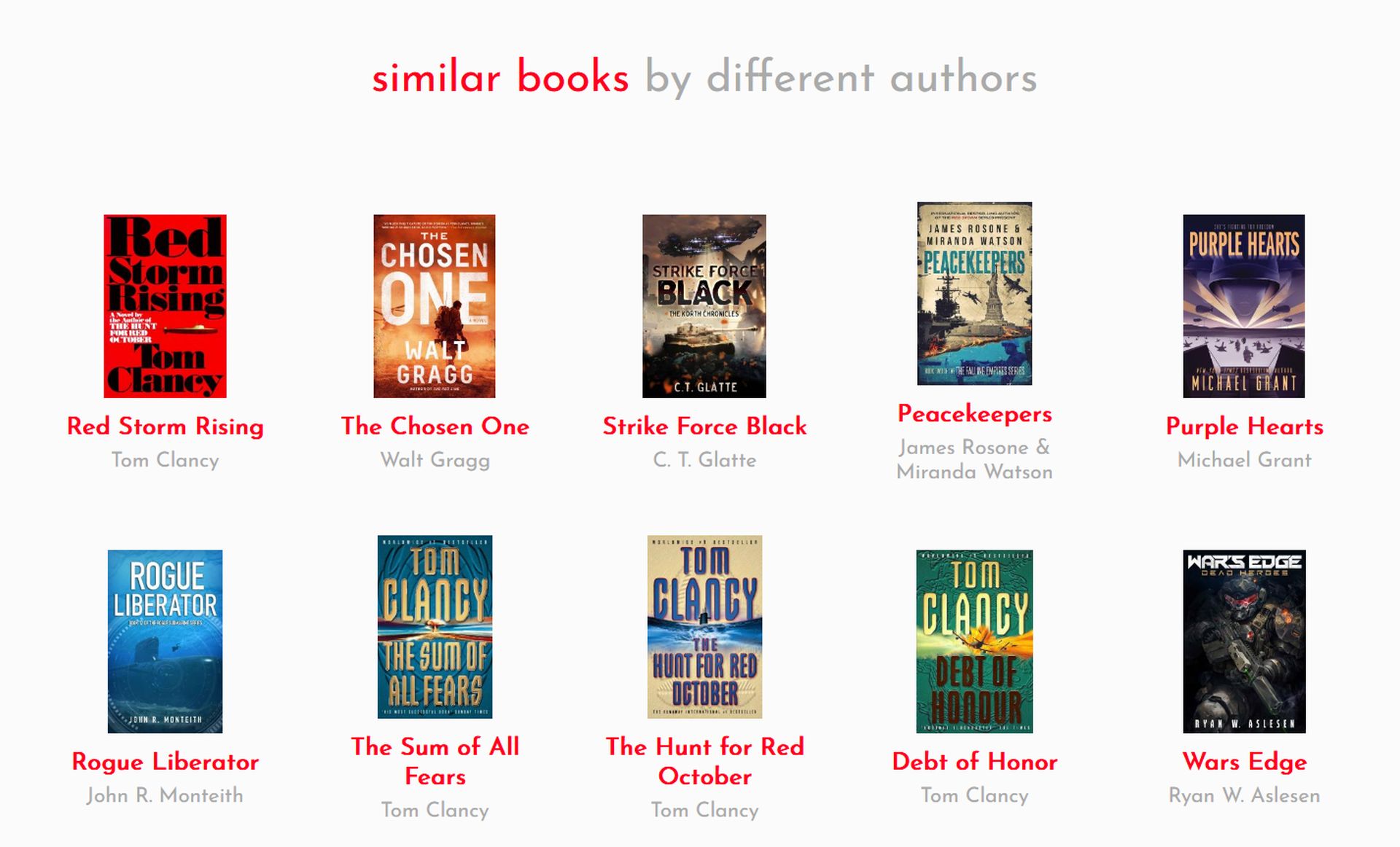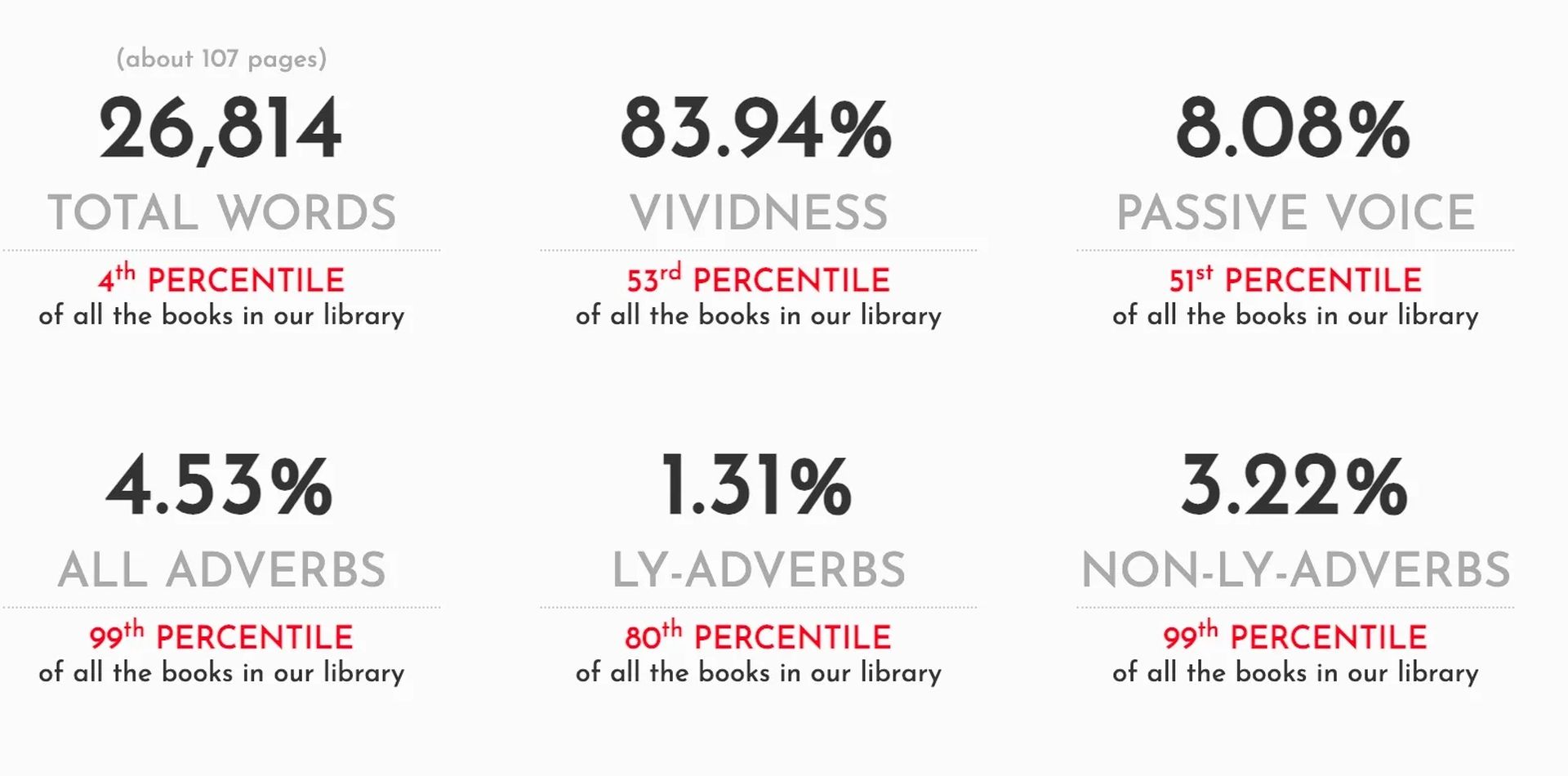In a dramatic turn of events, Prosecraft, a project by cloud word processor Shaxpir, has been forced to shut down after facing backlash from authors for uploading and scanning their books without consent. The controversial platform compiled an extensive dataset of over 27,000 books, comparing, ranking, and analyzing them based on the “vividness” of their language.
This move sparked outrage among renowned authors like Maureen Johnson and Celeste Ng, who criticized the project’s usage of their literary works without permission, even including books published just weeks prior.
The mastermind behind Prosecraft, Benji Smith, made the decision to take down the website following a day of severe online criticism. While Smith’s intentions were not to develop a generative AI tool, authors expressed concerns that the amassed dataset of a quarter billion words could lead to such an application in the future.
How DARE you, @benji_smith
I demand you take my book off your site immediately. I do not consent to this, and never did. And I know my publisher never would pic.twitter.com/QvPkRme5pr
— Zattack The Block (@ZachRoseWriter) August 7, 2023
Despite his claim that he was honoring the spirit of the Fair Use doctrine by only publishing summary statistics and small text snippets, many authors found the platform problematic, especially when these excerpts revealed major spoilers from their books. Smith explained his intentions in a blog post.
The incident highlights the growing tensions between authors and the rapid advancements in AI technology. With the proliferation of AI tools and the rise of self-publishing, creators face a constant struggle to protect their work from unethical and often scammy practices.

Authors didn’t want their pieces to be up on Prosecraft
Authors expressed frustration and exasperation with the rise of AI tools, like Prosecraft, that exploit their works without consent. One key concern raised by Ilana Masad, an author, is that style is an integral part of writing, and using AI to analyze and compare styles oversimplifies the intricacies of literary craftsmanship.
The fear that AI tools might evolve into generative systems that produce content in the style of established authors raises legitimate worries about the potential loss of individual voices in the literary world.
AI-generated images are taking over the world and you can’t do anything about it
Benji Smith, the creator of Prosecraft, defended his actions, arguing that he believed he was within the bounds of the Fair Use doctrine by sharing summary statistics and small excerpts. However, many authors disagreed, asserting that the unauthorized use of their content, especially with potential spoilers, infringed on their creative rights.
This incident has reignited the debate over Fair Use and its applicability in the age of AI, where creative works are increasingly used as datasets to train algorithms.

The Future of AI in the Literary World
Despite the concerns surrounding AI’s impact on the literary landscape, many authors remain optimistic about the future of literature. Ilana Masad, for one, dismisses the idea that AI will ruin books, emphasizing that the essence of literature lies in the unique voices and craftsmanship of human authors.
However, she worries that publishers might be swayed by the allure of AI-generated promotional content, possibly replacing human marketing and publicity teams.

In conclusion, the Prosecraft incident serves as a reminder of the delicate balance between technological advancements and creative integrity in the literary world. As AI continues to evolve, the need to establish clear guidelines for the ethical use of AI-generated content becomes increasingly urgent.
AI checkers are shaping the future of content authenticity
Authors, publishers, and technology developers must collaboratively navigate this terrain to ensure a future where both artistic expression and technological innovation coexist harmoniously. If they don’t work together, there won’t be a solution to these kinds of problems.
Featured image credit: Prosecraft






